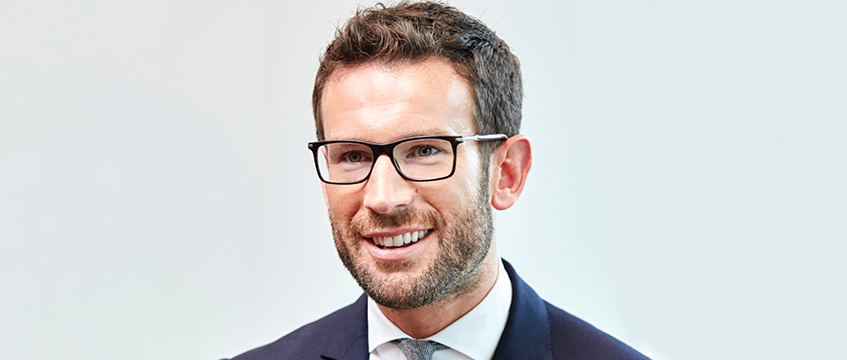COMMENT EG has published a few columns recently that could well be considered a bit “woke”. Why, one might ask, are column inches devoted to such offerings? I hope the past few months have convinced any remaining doubters of the need to pay attention – if not driven by one’s own moral compass, then at least by one’s commercial drive to succeed.
Let me run through a few headlines: Berlin is considering confiscating apartments from publicly listed landlords; the real estate industry struggles in its battle for rent arrears; and vacancy thrives across several town centres. Never has it been more clear that the industry cannot hope to prosper in its own, purely commercial, vacuum without considering how it adds value to society and impacts people’s lives.
And so, ESG principles are taking hold as an economic rationale for investment. I want to suggest that the next level for this industry is health, particularly tackling health inequality. This is about going beyond charitable giving – I mean business actively investing and developing to reduce health inequality, thus driving better economic and social outcomes.
Human and business costs
Even pre-pandemic, the costs of poor health were huge, both on human life and productivity. Research by Sir Michael Marmot and his team at UCL over the past 10 years has highlighted a widening gap in life expectancies between rich and poor. But the coronavirus pandemic has both increased those inequalities and demonstrated beyond doubt that economic performance depends on overall population health.
The challenge now is to narrow health inequalities – and the state cannot do this alone. Just as companies are starting to realise they have a role to play in addressing climate change, so we have a role to play in addressing health inequality. As companies grapple to improve the S of ESG, I suggest that H, for health, should be added to the acronym. As companies can influence the environment with their investment, buildings and behaviour, so too can they influence health outcomes.
L&G has commissioned Marmot and his team to specifically explore how business might maximise its impact. But we already have a few clues and ideas to take on board. Businesses can recognise the importance of their own employees’ health. They can improve this by offering healthier food in-house, gym memberships, social prescribing and wellbeing services. Companies are better off when they prevent physical and mental health issues from occurring, rather than controlling the costs of absenteeism and healthcare later on.
The real estate industry has a huge role to play: poor housing harms health and evidence shows that poor housing conditions (including damp, cold, mould and noise) are strongly associated with poor health, both physical and mental. The longer the exposure, the greater the impact. Children living in overcrowded homes are more likely to be depressed, have poorer physical health, attain less well at school and have a greater risk of behavioural problems than those in uncrowded homes. I suspect the industry needs to raise its ambitions before government regulators step in with product bans or punitive taxes.
Addressing health inequality can also bring life back into town and city centres. Walsall and Poole are just two local authorities bringing health centres into town centres, where they drive footfall, create investable propositions, and reach those in society who might otherwise be missed.
Gaining momentum
As with climate, ESHG investing is not just about doing the right thing, but also the financial benefit of investing in new technologies.
Many health tech start-ups are gaining traction with savvy investors. Early investment VC funds can play an important role; nurturing start-ups, working collaboratively with local NHS Trusts, and sharing the social and financial benefits accordingly.
The concept of ESHG is gaining momentum. The health challenge is just as urgent as the environmental crisis and it affects people and families across the UK. But when the full weight of an industry is deployed to solve a social problem, meaningful change can happen rapidly. And that could happen with health inequality.
Pete Gladwell is group social impact and investment director at Legal & General











